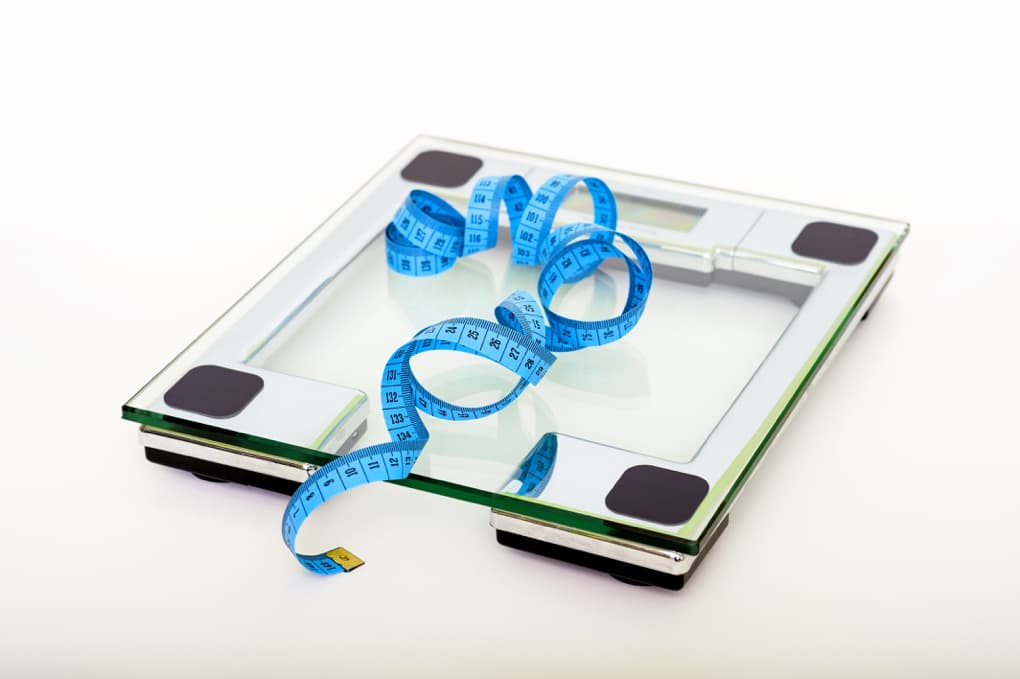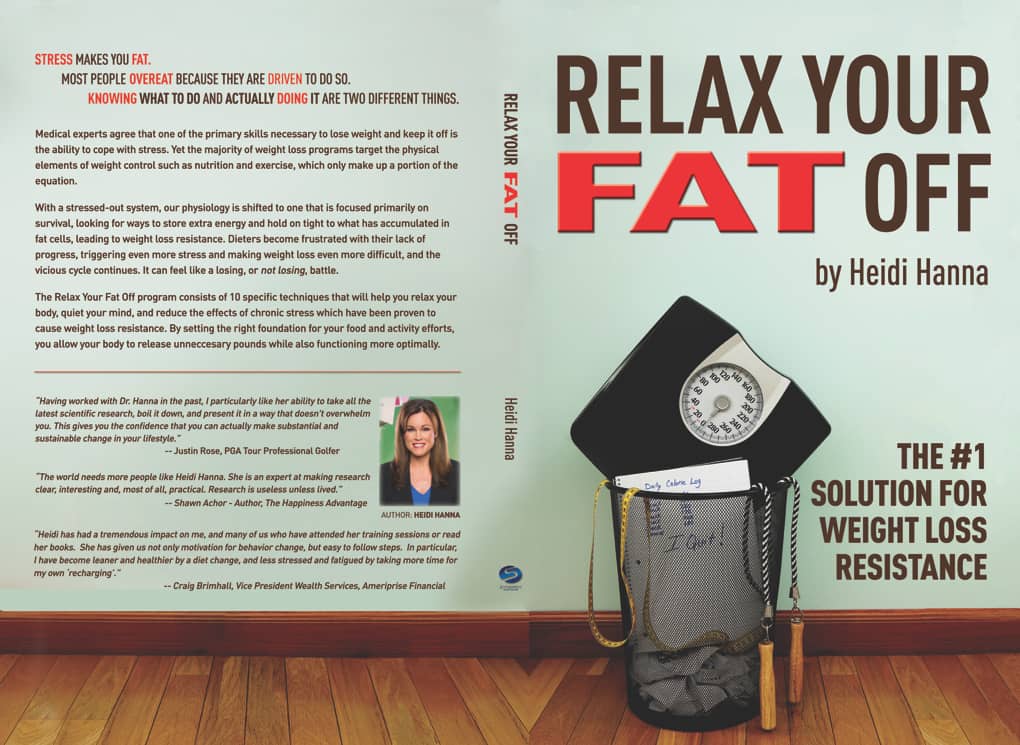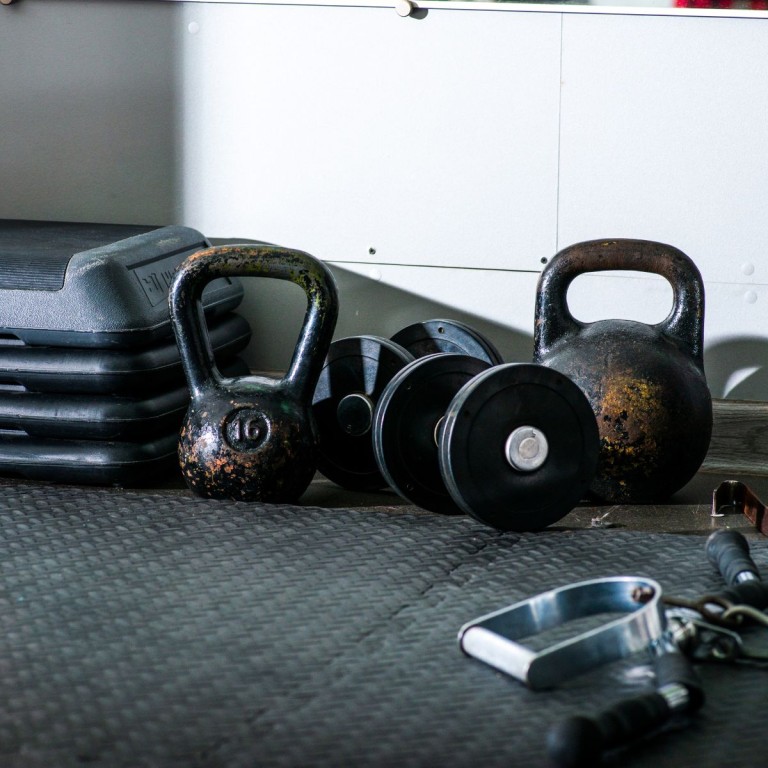Why Stress Causes Weight Gain

Manage Your Weight by Learning to Relax and Manage Stress.
We all know that when we’re stressed, we automatically tend to reach for foods that aren’t necessarily good for us. For some, it’s something sweet, smooth and comforting. For others, salty and crunchy are the name of the game. Doing this over any period of time clearly leads to weight gain and not feeling your best, so I’m not going to spend too much time on the obvious. What I want to do is go beyond stress eating and look at why stress causes weight gain in other ways and more importantly, what we can do about it.

My Stress Causing Weight Gain
In the spirit of keeping it real, I will fully disclose that my scale and my jeans say I’m gaining weight while writing this. It’s been a very stressful week. Like you, there’s a lot on my plate. I’m finding myself walking around with my hands clinched and shoulders an inch and a half higher than they should be. Not the end of the world if that’s a once in a while kind of thing, but unfortunately, I, like many of you, find this is an all too common mode of operating. I also find that when I’m like this, even if I can avoid the pitfalls of stress eating, I still notice the numbers on the scale creeping up and my clothes not fitting quite right.

Why Does Stress Cause Weight Gain?
Dr. Keesha Ewers is an integrative medicine expert, board certified functional medicine provider and best-selling author. She compares it to a lion chasing a zebra. When the zebra is fleeing for its life, it knows it’s not safe to stop and go to the bathroom because obviously it would be caught but also because it can’t let go of any nutrients since it needs everything in its body to get away from the lion. “Our bodies are wired the same way a zebra is. Whenever we feel threatened, which can happen by listening to the news or being late for an appointment, then the body gets the signal that it’s not safe to lose weight because we have to hold onto everything for dear life.”
We, and the zebra, are able to react appropriately in fight or flight situations because our adrenal glands produce cortisol. Dr. Keesha says that’s “one of the stress hormones that’s released when the body believes, based on what the mind is telling it, that you have a lion on your tail.” Unlike the zebra though, whose body can take a break when the true life and death situation is over, our way of life is full of stressors that can go on and on. These can range from dealing with elderly or disabled parents, having a big deadline for work, rushing from place to place or dealing with issues with your kids. When your body’s systems get the message that there’s a stressor, they’re going to kick into action as if a lion is right there. That’s when stress causes weight gain.

Dr. Heidi Hanna warns in her book Relax Your Fat Off that “Once stress is gone, cortisol levels should fall, but if stress persists, or if a person’s stress response gets stuck in the “on” position, cortisol may remain elevated.” That means the brain is going to try to conserve energy by slowing down metabolism and by storing and protecting fat in our body. It’s also going to look for as many calories as possible so that we’ll have the energy needed to deal with whatever’s causing us stress. Again, fine for the short term, but devastating for our health and our waistline if it goes on for too long.

“I’m Doing Everything Right and Still Not Losing Weight!”
Dr. Keesha has patients that come to her frustrated because they say they’re doing “everything right” and still not losing weight. They’re watching what they eat and exercising every day, but the weight simply isn’t coming off. While she agrees that cutting out unhealthy foods and adding in exercise and regular movement is the place to start, if you’re already doing those things and not getting results, you should look at your level of stress. “If your body is getting the signal that you’re not safe, then you’re not going to lose weight.”

Learning to Relax and Manage Stress
Dr. Keesha doesn’t tell her patients to “get rid of stress” because in many cases, that’s simply not possible. You can’t get rid of your aging parents or special needs child but learning to manage stress is very doable. Both of our experts say the stress response is a function of the body’s sympathetic nervous system, whereas the parasympathetic nervous system’s job is to keep us in balance. While both have important work to do, if we want to lose weight or stop gaining weight, we can’t let our sympathetic nervous system run the show.
According to Dr. Hanna, “To eliminate unnecessary fat stores for good, we need to train our body and brain to make extra calories less of a priority. We do this by convincing our systems that there is no emergency…which will help keep our biological stress responses in check.” That means that in addition to learning to manage stress, we have to learn to relax and let our body’s systems work the way they’re supposed to.
Here are some tips for doing that:
- Watch your language. Dr. Keesha says this isn’t referring to curse words. This is referring to what you’re saying internally. “If you have a very busy schedule, are you telling yourself that it’s a terrible state of being? Because if you are, then it is. But if you’re saying to yourself, ‘Gosh, I’m so lucky that I have this job that I love or that I’m raising these beautiful children, and I wouldn’t want to be doing anything else, or that I’m doing my life’s purpose in the world, and then all of a sudden, this is no longer a stressful environment that you’re living in.” Much of it is in your perception.
- Breathe. “When we are in our usual on-the-go mode,” Dr. Hanna says, “It’s easy to slip into a breathing pattern that is associated with the stress response: one that is short, rapid and shallow.” This causes “a cascade of the stress hormones because it signals to the brain that there must be some sort of emergency.” She advises bringing awareness to your breath and focusing on a more natural, relaxed breathing pattern because it tells the brain there’s no danger.
- Biofeedback, massage, meditation and yoga. Dr. Hanna encourages everyone to try these interventions because they’ve shown in studies to be the most promising for triggering the relaxation response and aiding in the weight loss process.
- Get enough sleep. Not only does it keep you from being cranky the next day, there’s important work that goes on in your body when you sleep. Dr. Keesha says this includes the release of the human growth hormone (which helps to regulate sugar and fat metabolism among other things), your liver starts to dump, and your lymphatic system engages by “picking up all the garbage on the outside of your cells.” All of this is necessary for your body’s mechanisms to be efficient, which, according to Dr. Keesha, is what your metabolism actually is – “efficiency of your biochemistry.”
Stress can hijack our health in a number of ways, with weight gain being among them. As we’ve seen here though, we can learn how to take control so that our body functions as the well-oiled machine it’s supposed to. We want our stress hormones to kick into gear when we need them, but we also want our body to understand that being stuck in traffic is not the same as having a lion coming after us. We can’t operate that way all of the time and feel our best. That’s why I for one will be doing a lot more to change my perception and to remember to breathe deeply. Care to join me?
Lean on Your Community
What can you do to better manage stress and learn to relax so that you can feel your best? You can reply in the comments section below or head over to the Peppermint Tea and Me Facebook page and leave your answers there. We look forward to hearing from you and supporting you!
Helpful Resources
It’s important to note that both Dr. Keesha Ewers and Dr. Heidi Hanna offer resources to help learn more about the impact of stress on our bodies. Dr. Keesha offers the Academy for Integrative Medicine health coach certification program, which enables women to learn more so that they can help themselves and/or other women. Dr. Hanna has a free stress survey that lets you explore your current relationship with stress and see how effectively you’re managing the stress in your daily life.
I have no affiliation with either of these, but I do want to make sure and share information and resources that I believe would be helpful to you.







Love this Robyn?
Thanks Lillian!